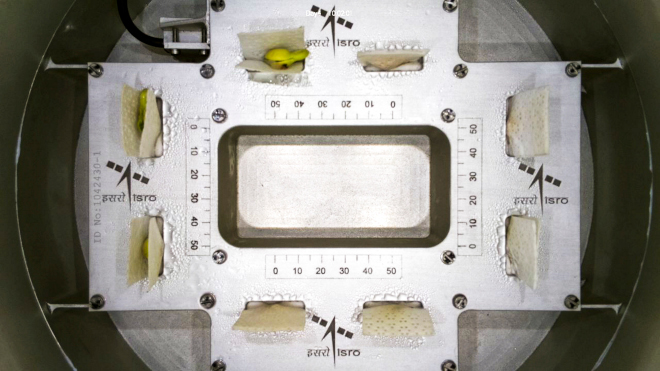
NEW YORK (PTI): Some 2.5 billion years ago, the sun was so faint that the oceans should've been ice. They weren't, and now a new study suggests the answer to the puzzle lies with greenhouse effect and an extra helping of nitrogen.
Previous modelling efforts to resolve the paradox by loading the early atmosphere with greenhouse gases assumed that it has always had the same concentration of nitrogen.
Now, an international team, led by Colin Goldblatt of NASA Ames Research Center in California, ran a model in which the pressure of nitrogen was twice what it is today, the New Scientist reported.
Nitrogen is not a greenhouse gas, but the pressure rise would have led to more collisions between these molecules and greenhouse gases, causing them to absorb more infrared wavelengths, the scientists said.
In fact, the study found that this would have raised global temperatures by 4.4 degrees C. The scientists admit that this doesn't close the temperature gap entirely, but it could be part of the answer.
Goldblatt has claimed that he has evidence that the crust and mantle have since absorbed the extra nitrogen.
The findings have been published in the latest edition of the Nature Geoscience journal.
 Previous Article
Previous Article











The Indian Air Force, in its flight trials evaluation report submitted before the Defence Ministry l..
view articleAn insight into the Medium Multi-Role Combat Aircraft competition...
view articleSky enthusiasts can now spot the International Space Station (ISS) commanded by Indian-American astr..
view article